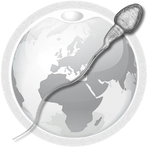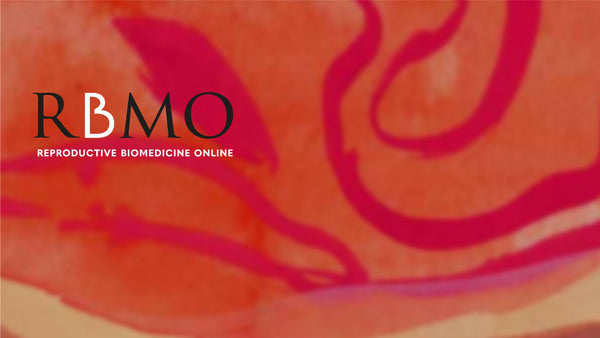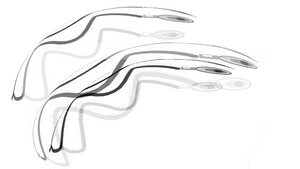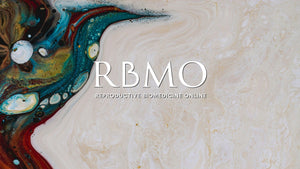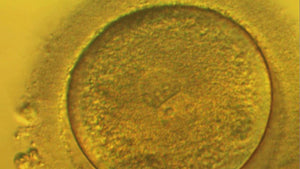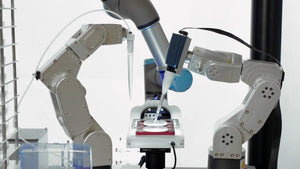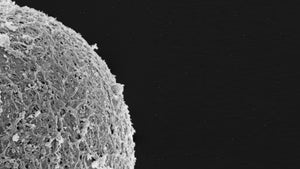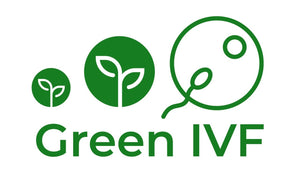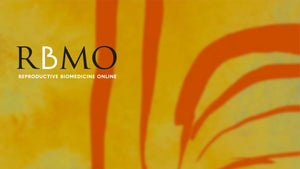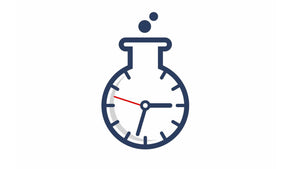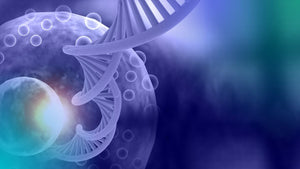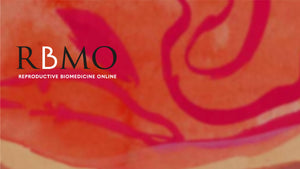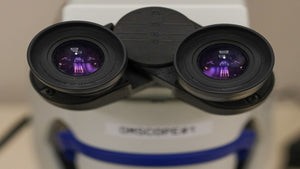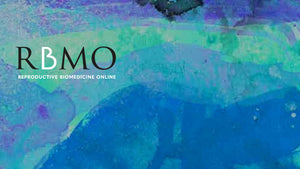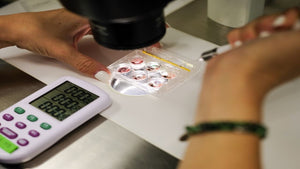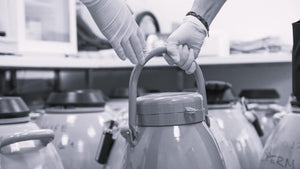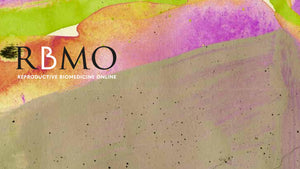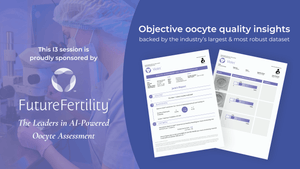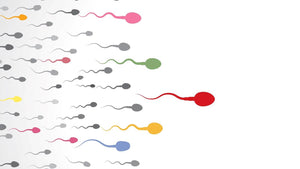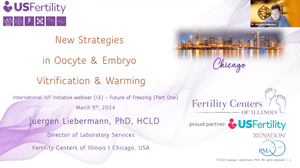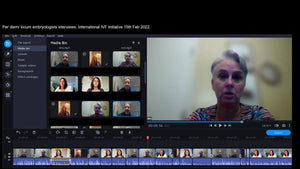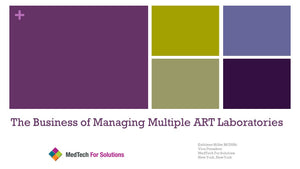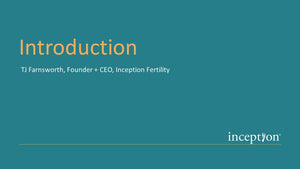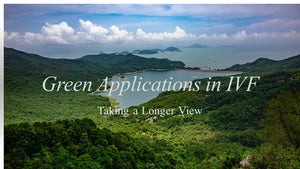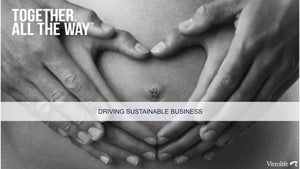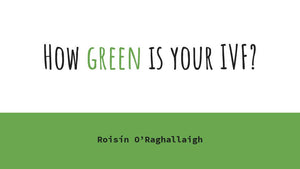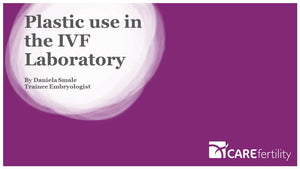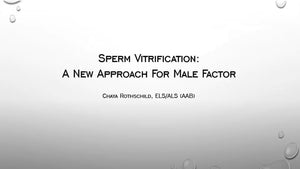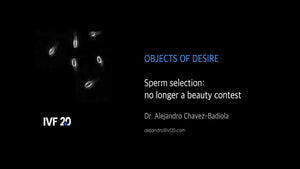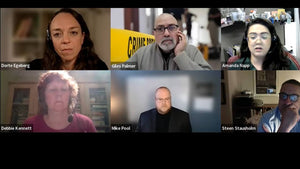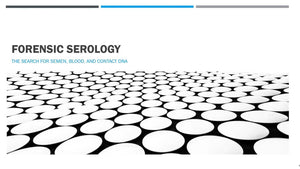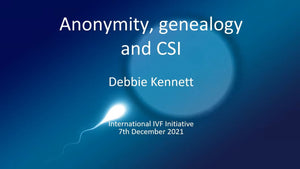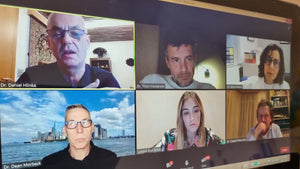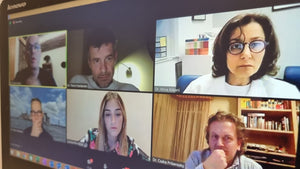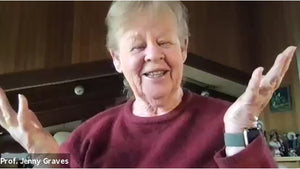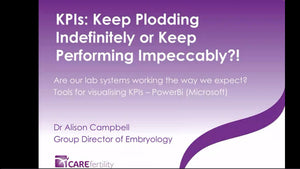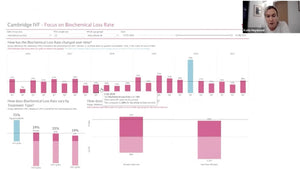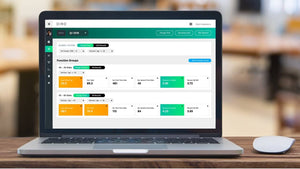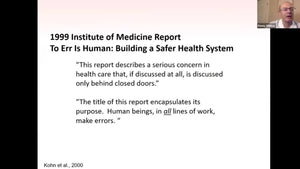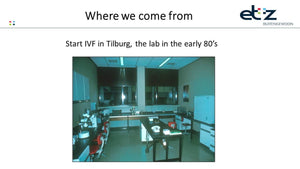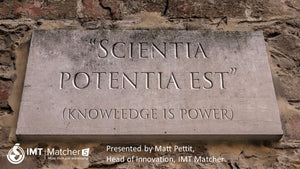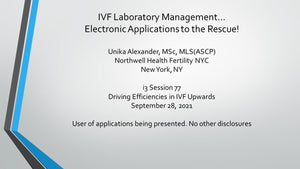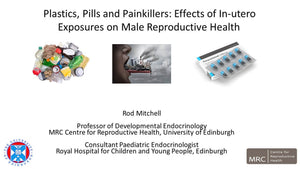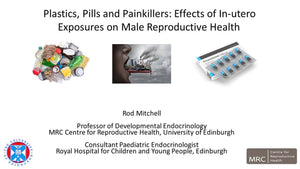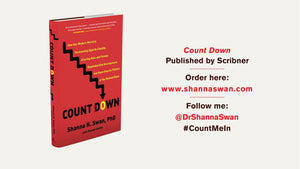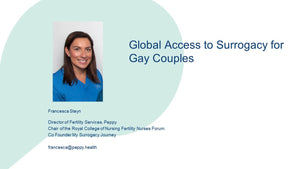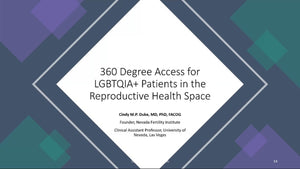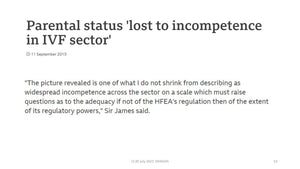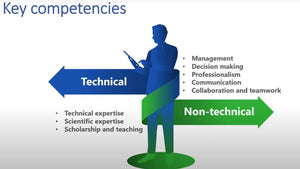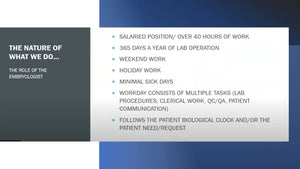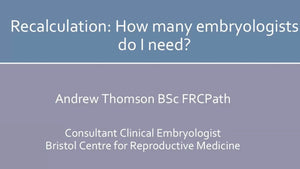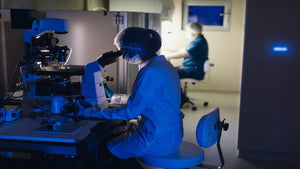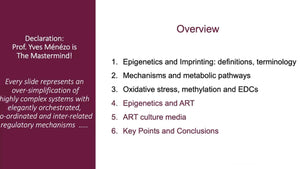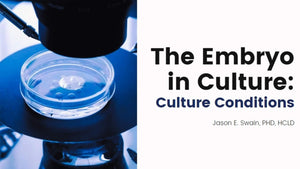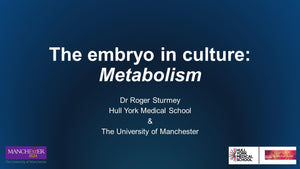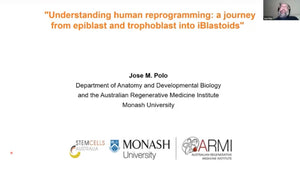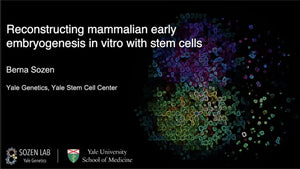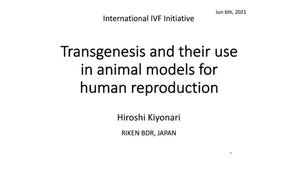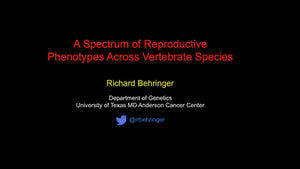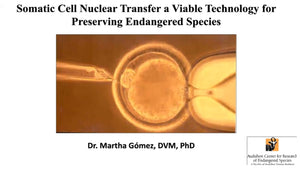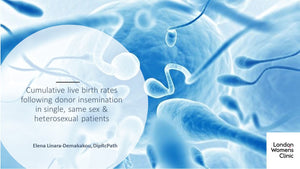Session 138: RBMO LIVE #9

Donate
At the International IVF Initiative, we are committed to providing free access to our educational sessions, webinars, and resources for professionals and individuals passionate about advancing reproductive medicine. We believe that cost should never be a barrier to knowledge and collaboration. By contributing, you’re ensuring that valuable educational resources, expert insights, and collaborative opportunities remain open to all without financial barriers. Together, we can continue to foster a global community dedicated to innovation and excellence in the field of IVF.
Your Donation
Thank you!
Session 138: RBMO LIVE #9
3pm ET/ 8pm UK/ 9pm CET, Tuesday 10th Sept, 2024. 91 minutes.
Synopsis:
The recent webinar hosted by the International IVF Initiative, in partnership with *Reproductive BioMedicine Online* (RBMO), featured a showcase of recent and significant articles in the field of reproductive medicine. Moderated by Professor Nick Macklon, Dr. Signe Altmäe, and Dr. Catherine Aiken, the session brought together leading researchers to present their latest work and engage with the audience.
The webinar began with a discussion on revitalizing female fertility, presented by Dr. Munevver Serdarogullari, who explored the potential of platelet-rich plasma (PRP) therapy in fertility treatments. Her talk titled "Revitalising female fertility: platelet-rich plasma (PRP) - hype or hope?" delved into whether PRP holds real promise or if it is being overhyped in clinical settings.
Jemma Garratt followed with a presentation on the long-term outcomes of vitrified-warmed autologous oocyte cycles. Her study, "Clinical outcomes of vitrified-warmed autologous oocyte cycles with 15-year follow-up at a single UK centre: consistent and predictable results," provided valuable insights into the reliability and predictability of these cycles over an extended period.
The RBMO Periconception, Pregnancy, Children Outcomes Section was introduced by Section Editor Dr. Catherine Aiken, who highlighted the journal's focus on cutting-edge research in these areas. This was followed by a showcase of an important article by Dr. Melissa van der Windt and Dr. Melek Rousian, who presented findings from the Rotterdam Periconception cohort study. Their research, "Periconceptional maternal and paternal alcohol consumption and embryonic and foetal development," examined the impact of parental alcohol consumption on embryonic and fetal development.
The session concluded with an engaging Q&A, allowing attendees to ask in-depth questions about the presented studies and to discuss their clinical and practical implications with the experts.
Overall, the webinar was an insightful overview of the latest research in reproductive medicine, offering attendees a chance to explore how these findings could shape future IVF practices and patient care.
Moderators:
Professor Nick Macklon and Dr. Signe Altmäe with Dr. Catherine Aiken
Article showcases:
Dr. Munevver Serdarogullari - Revitalising female fertility: platelet-rich
plasma (PRP) - hype or hope?
Jemma Garratt- Clinical outcomes of vitrified-warmed autologous oocyte cycles with 15-year follow-up at a single UK centre: consistent and predictable results
RBMO Periconception, Pregnancy, Children Outcomes Section profile
Introduced by Section Editor, Dr. Catherine Aiken
Periconception article showcase:
Dr. Melissa van der Windt and Dr. Melek Rousian - Periconceptional maternal and paternal alcohol consumption and embryonic and foetal development: The Rotterdam periconception cohort
Q and A
Professor Nick Macklon
Prof. Nick Macklon is Group Medical Director of LWC, LEB and LSB.
He has held full professorships and departmental Cahir positions at the Universities of Utrecht, Southampton and Copenhagen. Widely published both papers and books. Former member of ESHRE Executive Committee and coordinator of ESHRE Special Interest Group in Reproductive Endocrinology. Recently chaired ESHRE Guide to Good Practice in RIF. He has been Associate Editor of Reproduction, HR and HRU and now co Chief editor of RBMO.
Dr. Signe Altmäe
Dr. Signe Altmäe is an Associate Professor at the Department of Biochemistry and Molecular Biology at the University of Granada, Spain and visiting researcher at the Div. Obsteterics and Gynaecology, Karolinska Institute, Sweden. Signe has been serving as the deputy of the ESHRE Special Interest group of Reproductive Genetics and belongs to the working-group of Reproductive Genetics of Spanish Society of Reproduction. She is the Editor of Reproductive BioMedicine, Associate Editor of Molecular Human Reproduction, and Editorial Board member of Journal of Assisted Reproduction and Genetics journals. Her research focusses on molecular aspects of endometrial receptivity and how molecular dys-regulation could impact embryo implantation and female (in)fertility. She is also investigating microorganismal composition of human reproductive tract, and the associations of how the microbial communities could associate with reproductive parameters, with fertility and infertility in women and men.
Dr. Munevver Serdarogullari
Munevver Serdarogullari is a Scientific Director Scientific with over 16 years of experience in VENTUS IVF Center. She is certified by ESHRE as a Clinical Embryologist 2012
In 2020, Dr. Serdarogullari served as a Young Ambassador within ESHRE, and since then, she has played a vital role as a member of the ESHRE Journal Club Editorial Team. From 2022, she has taken on responsibilities within the ESHRE Nurses and Midwives Certification Steering Committee. Furthermore, she is a dedicated participant in the ESHRE Male Reproductive Health Initiative's Core Working Group. She is currently joined International Reproductive Health Education Collaboration (IRHEC) Steering Committee and ESHRE Female Reproductive Genetics Initiative (FeRGI) working group.
Dr. Serdarogullari received the Scientific Publication Award from Cyprus International University in 2022 and 2023 and also obtained the Young Researcher Award for her collaboration project at the Middle East Fertility Society in 2023. Her primary research interests encompass male infertility, time-lapse technologies, and cryopreservation.
Jemma Garratt
After completing an MSc in Clinical Embryology at Oxford University, Jemma joined London Women’s Clinic as a research fellow in 2019 and commenced a part-time PhD in Genetics at the University of Kent. In 2022she was appointed as Data Analyst at LWC. Her primary research interests are clinical, exploring methods to optimize live birth rates in IVF, with focuses on Pre-Implantation Genetic Testing (PGT) and endometrial receptivity testing. Within the clinic, her primary role is analysing large clinical datasets to optimise IVF protocols and improve clinical care.
Dr. Catherine Aiken
Catherine is a Clinician Scientist in Maternal and Fetal Medicine at the University of Cambridge. Her clinical work involves caring for women with complex medical conditions in pregnancy, which complements her research focus on improving the long-term outcomes of high-risk pregnancy, from the point of view of both maternal and fetal health. Her research group aims to understanding how the intrauterine environment impacts the health and disease of mothers and children in later life, with projects centered around improving maternal health in both the UK and low resource settings. Catherine’s work involves a network of national and international collaborators. Her research has had significant policy impacts, being cited in national guidelines in the US and UK, and has won several international prizes for obstetric research. Catherine is a Fellow of Trinity College, Cambridge.
Dr. Melissa van der Windt
Melissa van der Windt was born in 1992 in Delft. After her graduation she applied to medical school at the Erasmus Medical Centre in Rotterdam. During the last phase of her master’s degree, she completed an extra master in Health Care Management at the Erasmus University in Rotterdam. After finishing medical school in 2017, she worked as a resident not in training at the department of Obstetrics and Gynaecology at Franciscus Gasthuis in Rotterdam. In 2018 Melissa started her PhD research at the department of Obstetrics and Gynaecology of the Erasmus Medical Centre, subdivision periconception epidemiology, under the guidance of prof. dr. Régine Steegers-Theunissen, dr. Sam Schoenmakers and dr. ir. Lenie van Rossem. Since February 2022 Melissa is a gynaecologist in training, she started at Reinier de Graaf Gasthuis in Delft, and is currently working in Erasmus Medical Centre in Rotterdam.
Dr. Melek Rousian
Dr. Rousian became a gynecologist three years ago, and just finished her fellowship and became a perinatologist as well. She works half of her time as a clinician and the other half as a researcher. Besides being a gynecologist she is an epidemiologist.
In 2011, during her medical training, she finished her PhD thesis named: Embryonic development using virtual reality techniques. During her training for becoming a gynecologist she worked as a postdoc as well. Nowadays, her research lines focus on parental periconceptional lifestyle and conditional factors impacting embryonic health, and second early first trimester pregnancy imaging using state-of-the-art imaging modalities.
She is one of the principal investigators of the Rotterdam Periconception Cohort, which is an ongoing hospital based cohort, which included until now over 4000 participants.
